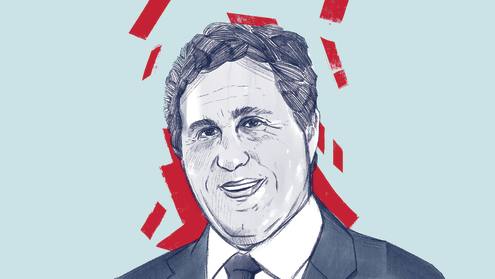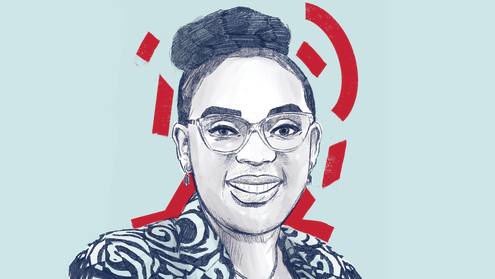In 1966, the philosopher Michael Polanyi observed: "We can know more than we can tell... The skill of a driver cannot be replaced by a thorough schooling in the theory of the motorcar; the knowledge I have of my own body differs altogether from the knowledge of its physiology." Polanyi's observation largely predates the computer era, but the paradox he identified – that our tacit knowledge of how the world works often exceeds our explicit understanding – foretells much of the history of computerisation over the past five decades.
Computers are ubiquitous in contemporary life, but the tasks that have proved most vexing to automate are those that demand flexibility, judgement and common sense – skills that we understand only tacitly. The interplay between machine and human comparative advantage allows computers to substitute for workers in performing routine, codifiable tasks while amplifying the comparative advantage of workers in supplying problem-solving skills, adaptability and creativity.







